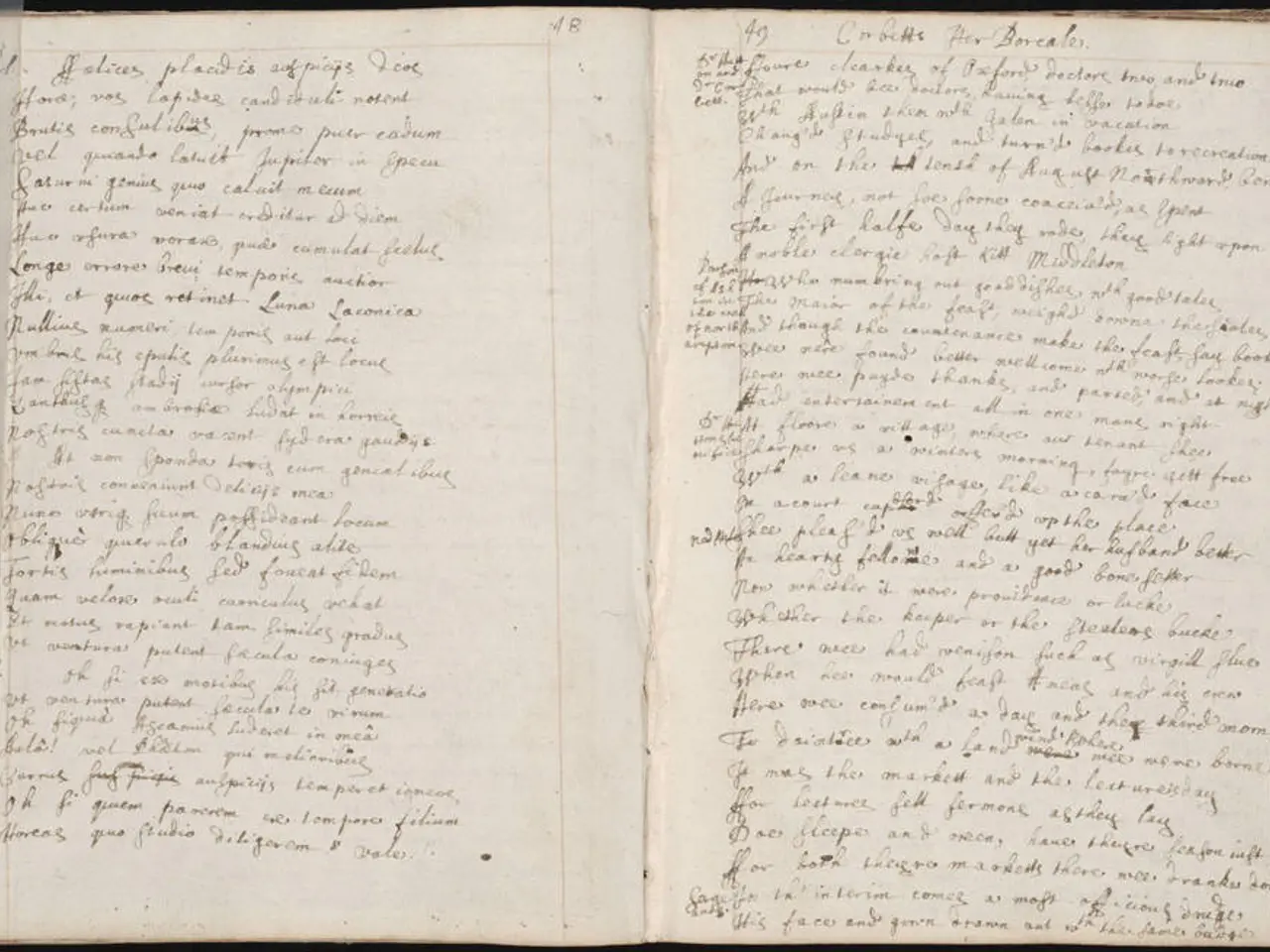Narrative by Arnaldur Indridason: "We've been sharing tales since the 9th century"
In the heart of the Cold War, Iceland, a small nation strategically positioned in the North Atlantic, found itself at the centre of geopolitical intrigue. This is the backdrop that Icelandic author Arnaldur Indridason masterfully portrays in his crime novels, shedding light on Iceland's role as a vital monitoring station and alliance partner within broader US-NATO defense schemes.
During this period, Iceland maintained no standing army, yet its cooperation with the United States and NATO to counter Soviet threats permeated the socio-political atmosphere. Indridason's stories reveal elements of surveillance, secrecy, and international tension, all underpinned by Iceland's geopolitical significance and the undercurrents of foreign military presence.
The Keflavik Air Base, established under a 1951 defense agreement, was pivotal for air defense and submarine tracking, particularly within the Greenland-Iceland-UK (GIUK) gap—a crucial chokepoint for monitoring Soviet submarines. The base served as a symbol of Iceland's critical role in monitoring Soviet naval activity, making it a key NATO outpost.
Indridason's novels are not just works of fiction; they are steeped in historical fact. For instance, his depiction of a Lada trafficking incident truly occurred in Iceland. Similarly, the Russian trawlers, often referred to as "shadow ships," were considered spy ships, and the Herring Export Committee, a real organization, played a key role in determining prices of herring with the Russians.
The Cold War was a period of conflict in Iceland, marked by Iceland's NATO membership and the presence of an American base. The Soviet Union attempted to recruit Icelandic spies, although no Icelandic private spies were unmasked. Icelanders, known for their long-standing tradition of recording history and events, were acutely aware of their nation's strategic importance and the potential threats it faced.
Indridason's latest work, "The Days to Come," published in 2025, is set during the Cold War era in Iceland. It delves into Iceland's past to explore and question Icelandic identity, reflecting the melancholic social realism that characterises his work. His novels feature taciturn cops like Erlendur Sveinsson, who navigate the complexities of Icelandic society during this tumultuous period.
Despite the growth of the Nordic crime fiction genre over the past 20 years, Indridason remains a pillar, his work continuing to captivate readers with its authentic portrayal of Iceland's Cold War reality. A former journalist and film critic, Indridason excels in paper travel, drawing on his personal memories and online research to create compelling narratives that resonate with readers.
In "The Days to Come," Indridason also explores Iceland's significant commercial links with the USSR due to oil, coal, and herring trade. Many young Icelandic socialists travelled to Eastern Europe during the time period, only to return disenchanted. The Russian embassy in Iceland, with an unusually high number of commercial counsellors, serves as a constant reminder of the nation's strategic importance.
Indridason started writing in 1997 with the publication of "The Dusty Men," and his work has since evolved to include historical novels set between 1941 and 1944 and in 18th century Denmark. His novels continue to offer a unique perspective on Iceland's past, present, and potential future, making him a beloved figure in the world of Nordic crime fiction.
Books about Iceland's history, such as Arnaldur Indridason's crime novels, often serve as entertainment while shedding light on the nation's unique role during the Cold War era.In "The Days to Come," Indridason delves into Iceland's past, exploring its commercial links with the USSR and the influence of foreign military presence through the lens of local politics and social realism, making it a fascinating read for those interested in Cold War history.







